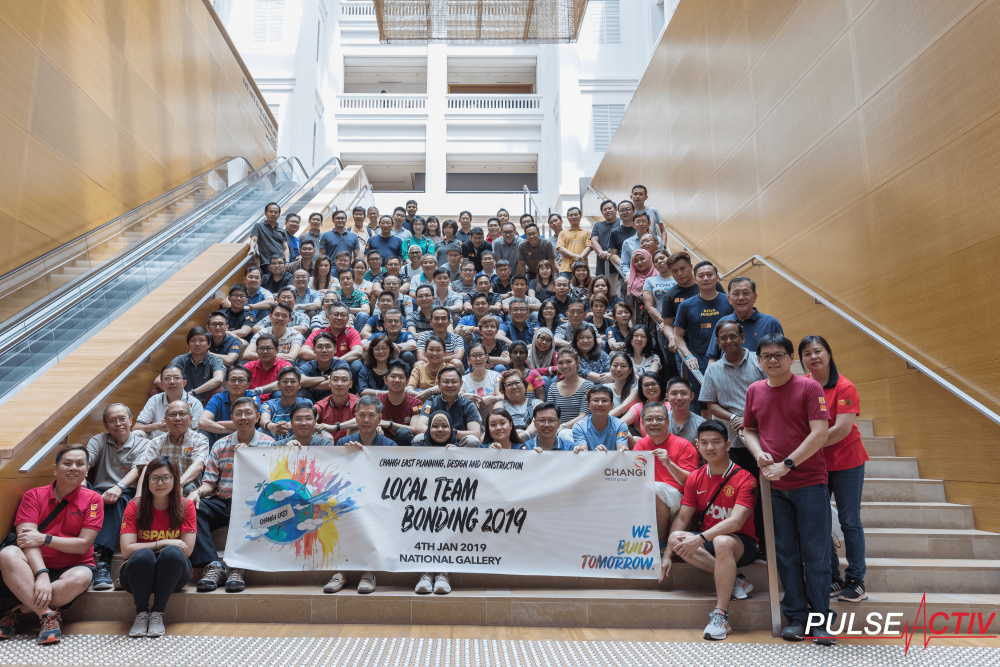Top Trends in Event Planning for 2025
Event planning is an ever-evolving industry, constantly adapting to new technologies, societal shifts, and attendee expectations. As we move through 2025, several trends are emerging that will shape the way events are conceived, planned, and executed. Here’s an in-depth look at the top trends in event planning for 2025.
1. Hybrid Events: The New Norm
Hybrid events, combining in-person and virtual elements, have solidified their place in the event landscape. These events offer the flexibility to reach a global audience while maintaining the personal touch of face-to-face interactions. Planners are investing in robust virtual platforms to ensure seamless integration between live and online components, ensuring that remote attendees have an engaging and interactive experience.
2. Sustainability Takes Center Stage
Sustainability is no longer a buzzword but a critical component of event planning. Event organizers are increasingly focusing on eco-friendly practices, such as reducing waste, using recyclable materials, and choosing venues with strong environmental policies. The demand for sustainable catering, transportation options, and carbon offset programs is growing, driven by both corporate responsibility and attendee expectations.
3. Personalization and Attendee Experience
Attendees now expect personalized experiences tailored to their preferences and needs. Event planners are leveraging data analytics and AI to understand attendee behavior and preferences, allowing for customized content, schedules, and networking opportunities. From personalized event apps to bespoke swag bags, the focus is on creating memorable and unique experiences for each participant.
4. Technology Integration and Innovation
Technology continues to revolutionize the event planning industry. From AI-powered chatbots for customer service to VR and AR experiences that enhance engagement, the integration of advanced technology is a major trend. RFID and NFC technologies are being used for seamless check-ins and real-time tracking, while mobile event apps are becoming more sophisticated, offering features like live polling, Q&A sessions, and interactive maps.
5. Health and Safety Protocols
Health and safety remain top priorities in event planning. Planners are implementing comprehensive health protocols, including enhanced sanitation measures, contactless interactions, and health screenings. The use of wearable technology to monitor health metrics and ensure social distancing is also becoming more common, providing peace of mind to attendees and organizers alike.
6. Experiential and Immersive Events
Experiential events that engage the senses and create immersive environments are on the rise. Attendees are looking for more than just passive participation; they want to be part of the action. From interactive installations and themed environments to gamification and hands-on activities, creating immersive experiences that captivate and engage participants is a key trend.
7. Focus on Mental Health and Well-being
The focus on mental health and well-being has permeated the event planning industry. Planners are incorporating wellness activities into their events, such as meditation sessions, yoga classes, and stress-relief workshops. Creating spaces for relaxation and reflection, offering nutritious food options, and promoting work-life balance are becoming standard practices to ensure the well-being of attendees.
8. Innovative Venue Choices
Non-traditional venues are gaining popularity as planners seek unique and memorable locations. From art galleries and rooftop gardens to industrial warehouses and historical landmarks, the choice of venue plays a crucial role in the overall event experience. Planners are opting for venues that reflect the event’s theme and create a distinctive atmosphere, enhancing the overall impact of the event.
9. Community and Social Impact
Events are increasingly being designed with a focus on community and social impact. Planners are incorporating charitable activities, volunteer opportunities, and partnerships with local organizations into their events. This not only enhances the event experience but also leaves a positive impact on the community and aligns with the growing trend of corporate social responsibility.
10. Advanced Data Analytics
Data analytics is becoming a cornerstone of successful event planning. Planners are using advanced analytics tools to gather insights from attendee behavior, feedback, and engagement metrics. This data-driven approach allows for continuous improvement, helping planners to fine-tune their strategies and deliver more effective and impactful events.
11. Team-Building and Networking Activities
Team-building and networking activities are integral to modern event planning. Events are designed to foster connections and collaboration among attendees, with activities ranging from icebreakers and workshops to team-building challenges and social mixers. Incorporating team-building into events enhances attendee engagement and creates opportunities for meaningful interactions.
Conclusion
The event planning industry in 2025 is characterized by a blend of innovation, sustainability, personalization, and a focus on attendee well-being. By staying abreast of these trends and incorporating them into their strategies, event planners can create memorable, impactful, and successful events that resonate with their audiences. Whether through hybrid formats, sustainable practices, or immersive experiences, the future of event planning is bright, dynamic, and full of possibilities.
To head back to read another article in our blog, click here.

